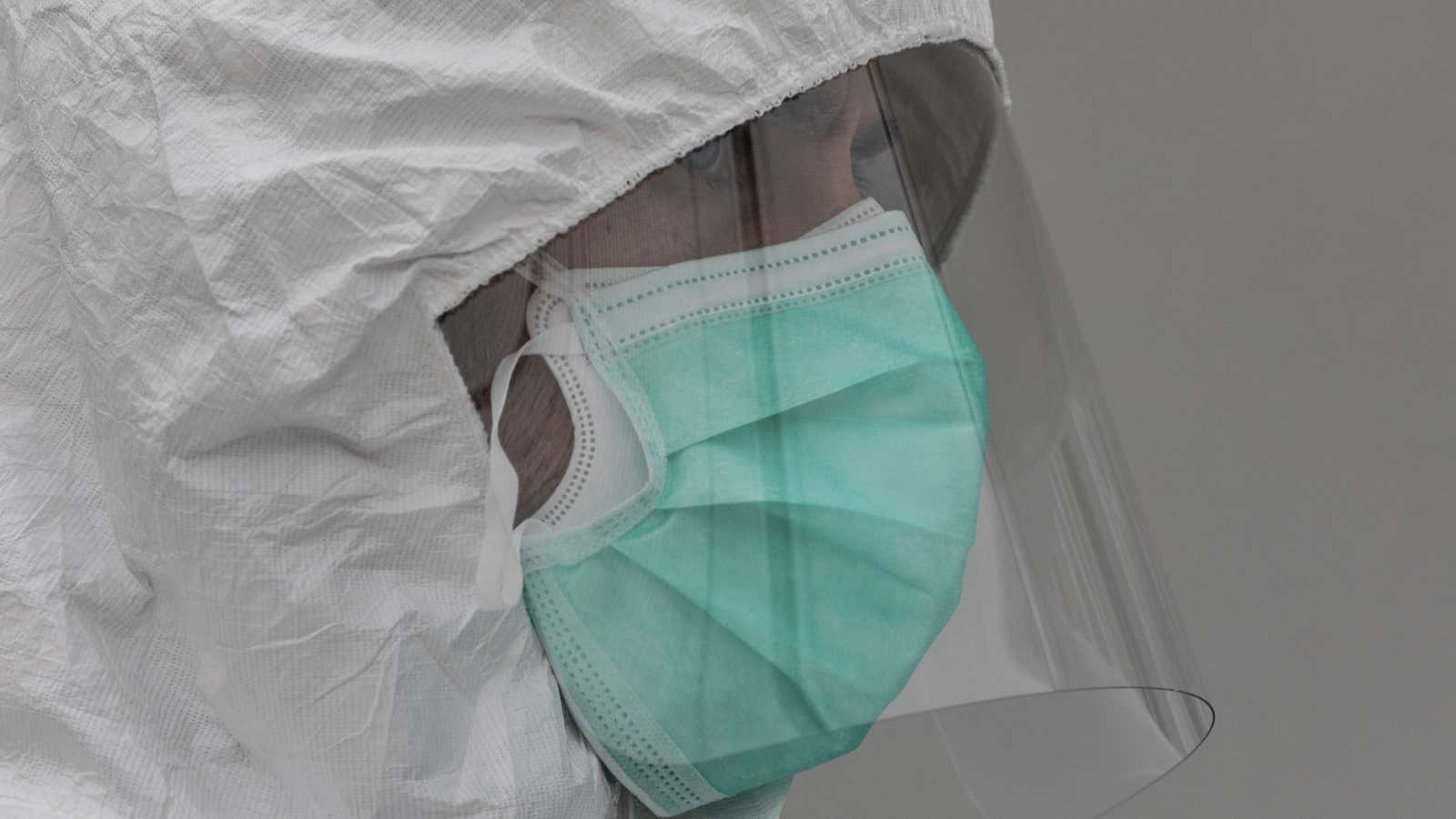Since it came to power, the Trump administration has waged a relentless, multi-layered war on immigration.
But it only took a few days of panic over the spread of the novel coronavirus and the disease it causes for the government to start seeing the value of at least some immigrant workers. In an announcement published on March 26, and promoted on its social media channels, the State Department called on foreign medical professionals who already have US visas to either move forward with their plans to come work in the country or, if they are already in the country, to extend their stay.
The announcement was aimed specifically at “those working to treat or mitigate the effects of COVID-19.” So-called “alien physicians”—medical residents who are in the US on a J1 visa, which is meant for exchange programs—were also encouraged to consult with their sponsors to try and extend their stays in the US.
The initial announcement, which was criticized for sounding like a plea for global health workers to abandon their home countries to help the US, was subsequently clarified to note that it only applied to medical professionals who were already in the process of applying for a US visa.
The State Department plea came not long after it suspended all other routine visa services for the foreseeable future in reaction to the spread of coronavirus. Under the Trump administration, long before the pandemic erupted, the US government has moved to limit immigration in myriad ways. Many foreign medical professionals and other hospital workers have been snared in that crackdown, reducing essential staffing at US hospitals at a critical time.
The US had already been anticipating a possible shortage of physicians and medical professionals even before the current coronavirus emergency. The Association of American Medical Colleges (AAMC) estimated that in a decade from now the US would likely face a shortage of about 105,000 physicians. About a fourth of all US health care workers, and a third of doctors, are foreign born.
As the health care system begins to buckle under a dramatically increased patient load, as well as a reduced workforce due to the high percentage of health workers exposed to the virus, encouraging more foreign doctors and nurses to come to the US—and lowering the legal barriers to practicing medicine as a foreign-trained physician—might be necessary.
